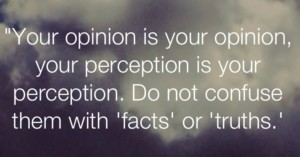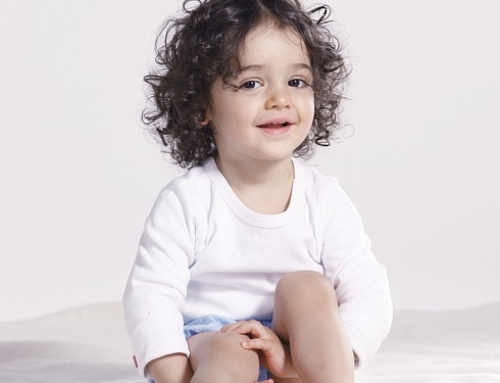
One of the things that bothers and, perhaps even more so, confuses me is when I hear of doctors and therapists supporting extinction sleep training. It’s common though because medicine and psychology – especially clinical psychology – are still firmly grounded in Western thought and tradition. Sometimes these professionals push it because they believe – like many do – that we “need” to teach our children to sleep independently, not realizing that this notion of independent sleep is a cultural construction that isn’t based on our evolutionary or biological reality.
But sometimes they push it because they think the mother (or father) needs it. They are, after all, treating a patient and this is an appropriate course of action. There are two main problems with this that – to me – highlight why this is such a problem and why it’s something that we need to be aware of.
Problem 1: They often have no training or expertise in infant sleep
Psychologists and medical doctors are not anthropologists (though some great cross-over work is starting to happen, thank goodness) and many who are working with adults have never spent any real amount of time studying infant development. Even those working with children (both paediatricians and clinical psychologists or psychiatrists) rarely have expertise in infant sleep (though there may be some, but typically this falls in the realm of psychiatry and those who specialize in sleep disorders).
This means that the advice being given isn’t based on the expertise for which you sought them out initially. Sometimes it may be based on their own experience of what they did as parents and sometimes it may be just that this is what they know because they live and breathe in our culture. When it stems from their own experience, they may be unaware of their own biases and how pushing it may just be a way to justify what they did or they may believe that their higher education means somehow what they did is “better”. Either way, it’s still not based on their education and expertise.
Interestingly I’ve encountered problems on both ends of the spectrum – psychologists pushing or promoting sleep training and those that don’t, but are dismissive of potential medical or health concerns (yes, even medical doctors). These both stem from a lack of knowledge in the area and a failure to not explain to the clients that they are giving their opinion on the matter. And not a professional opinion, but a personal one.
When a professional provides a personal opinion, it should be very clearly stated as such, but this is rarely made clear. And just having someone who is your doctor suggest something carries a particular weight with it that should never be ignored by those providing it. I do understand when doctors have clients who are struggling and need to provide some relief, but they should never forget that the person they are putting that on is also a human being with needs even greater than the adult. This issue brings me to the second problem which is…
Problem 2: Their suggestions especially to sleep train counter the very nature of their work
A professional who is dedicated to helping people through hard times – medically and psychologically – has dedicated themselves to caring for others. They have recognized that we have needs that we need support for. In the case of clinical psychologists or psychiatrists, there is an explicit knowledge that people shouldn’t be thrown to the wolves when facing difficult times, but rather supported and assisted through them (even when it’s hard).
So what is extinction sleep training? It’s leaving children to struggle with this change on their own, with no support. It’s saying to them that they have to learn to cope by themselves. To adapt to the needs of others without the support needed to go through that change. If there is minimal support in “checking”, it’s done on someone else’s schedule, not reflecting the actual needs of the infant or toddler or child.
In short, it is completely opposite to what these medical professionals have dedicated their lives to.
And I get that this likely comes from not seeing the child as the patient, but rather the parent. Or when they’ve done it themselves, the focus on their well-being, their relationships with partners, and so on. It’s easy to forget what is happening at the core when we think we have to teach our kids to sleep.
This is the crux for me of so many issues with sleep training. Too often, we’re told it’s suck it up or sleep train, and few seek out the knowledge that it’s often somewhere in between. Sometimes we have to follow our kids and find alternate ways to care for ourselves. Often it’s a mix where we can work on change slowly and with support, just like in a therapeutic relationship. Change is hard and for kids – especially high-needs or sensitive ones – it can be even harder.
Should we not afford the children around us the same type of care we find for ourselves or even wish we had for ourselves?






I love that you wrote, “so what is extinction sleep training? It’s leaving children to struggle with this change on their own, with no support.”
Just a random thought on sleep training: health professionals tell adults to get up (NOT stay in bed) and do something quiet if they are not falling asleep in the evening or if they wake up in the middle of the night. Health professionals tell parents that their children should stay in their bed and even cry if they don’t fall asleep in the evening or wake up in the middle of the night. Why such double standards?
I just sent this and few other of your links to “The Sleep Doctor” Dr. Michael Breus. His site recommends sleep training 🙁